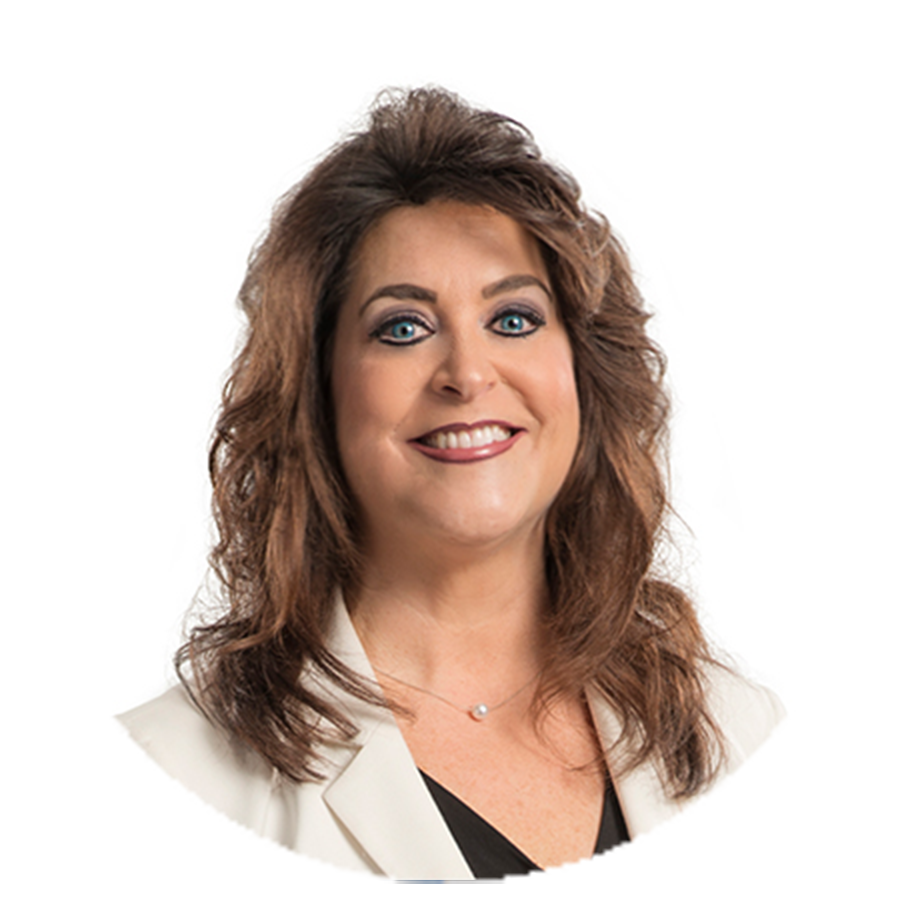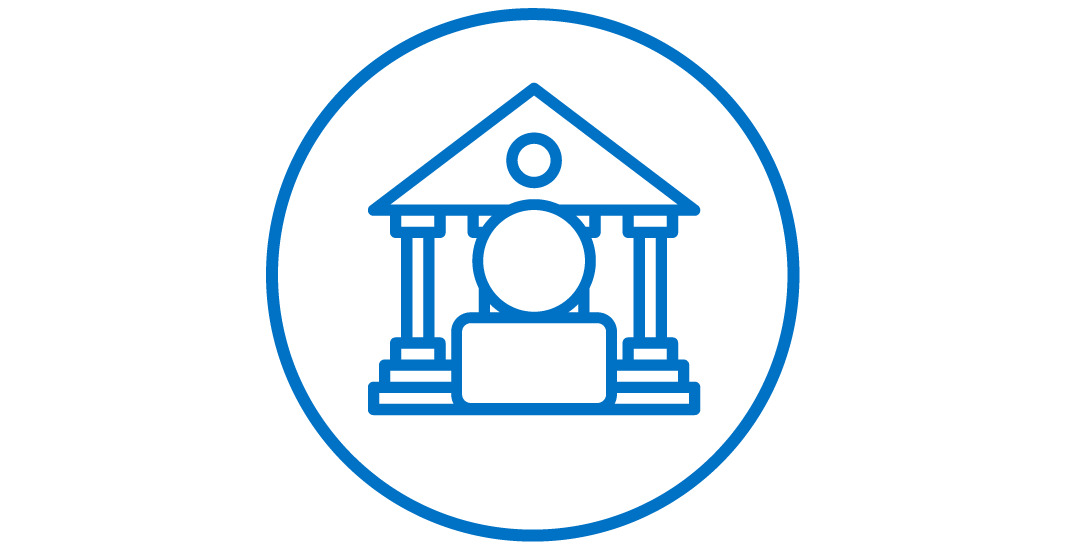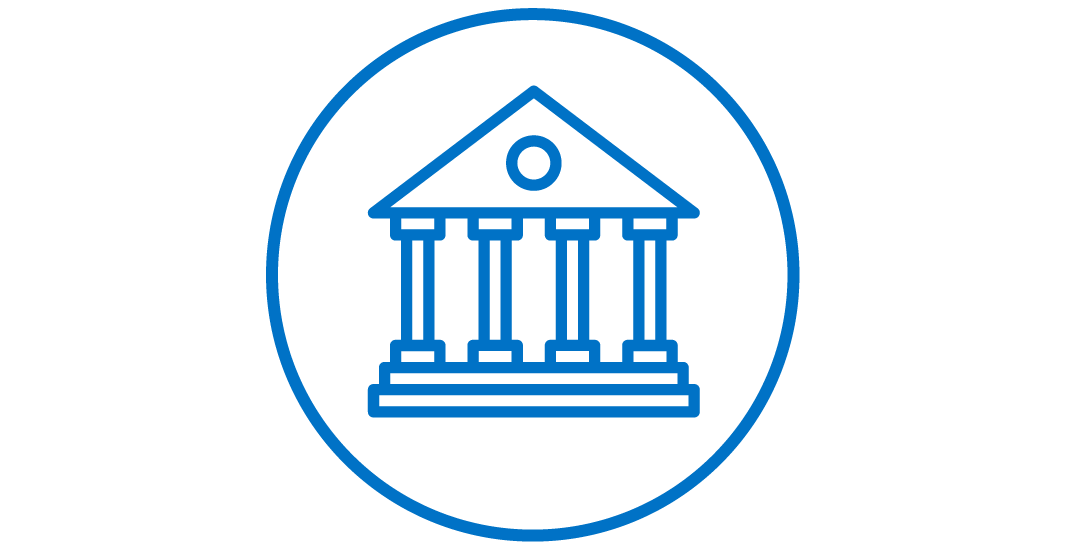Shelly Wheeler, SVP, Compliance and Risk Officer, Audit Manager
Your right to financial privacy is important, so much so, that there are a gambit of laws and regulations your financial institution must follow to protect it.
From the Gramm-Leach-Bliley Act to the Bank Secrecy Act, it may sound intimidating, but at the heart of it – your financial institution is working to keep your information and assets safe.
The Growing Threat to Your Privacy
Why all this need for secrecy and security? Fraudsters are always on the hunt for new ways to scam you and with our ever-growing reliance on technology, it’s creating more opportunities than ever for them to find a way to your protected data.
Last year, online banking fraud accounted for 33% of U.S. Bank fraud, up from 26% the previous year according to reporting from the American Bankers Association.

The primary way scammers look to break a victim’s financial privacy is by gaining control of their online banking account.
Topping the list, account takeover is the primary tactic today’s cyber-criminals employ to gain access to consumer’s assets. Usually the result of a scammer getting hold of victims’ online banking username and password, account takeovers provide a means for unauthorized transfers of money, the mining of sensitive data, and potential access to loan information or other financials tied to the account.
How We Work to Safeguard You
First and foremost, we utilize a variety of measures to protect customer data. This includes physical safeguards like vault security and digital measures like multi-level encryption and validation for online and mobile banking, as well as our daily operations behind the scenes.
At Waterford, we also carefully monitor who we are sharing data with and only do so for essential business purposes, like ordering checks and reporting to credit bureaus. Even then, we will only share the bare minimum of information needed to know to fulfill the transaction.
We do not share your information for marketing our products and services to you, nor will we share data with affiliate vendors about your transactions, experiences, or creditworthiness for any purpose.
Learn more about what measures we take to secure your assets.
Financial Privacy is a Two-Way Street
While we implement leading-edge technology to shield your data, it is equally important that you as a consumer are working to keep your information safe.
Remember account takeovers? Often scammers can con users out of their logins without ever raising an alarm. Could it really be that easy? Yes.
Imagine scrolling through Facebook and seeing a fun prompt your friend reshared, “Question of the Day! What was your high school mascot?” Under the comments you see a lot of your friends have left their answers and enjoyed reminiscing together, so you want to get in on the fun too!
Whether asking about mascots, the street you grew up on, or where you were born – these sound harmless and might make for an amusing read, but they have another thing in common. They are all common security question answers for online banking, email, and other logins and suddenly they are available for anyone to read on social media.

“What was your school mascot?” is a question that get’s asked in fun a lot on social media. Since it is also a common password security question, you could actually be helping scammers when you share the answer online.
The best defense for protecting yourself is good common sense. You wouldn’t leave a wallet or resume unattended out in public, so you shouldn’t leave it out on the internet for fraudsters to tamper with either.
In summary, your financial institution should be doing its best to care for your data, with a number of policies and procedures in place to mitigate your risk as a customer. Upholding that security also rests on your shoulders as an account holder. Together, we can work to help lockout nefarious entities, while elevating your banking experience.
About the Author

Shelly Wheeler is a Senior Vice President of Compliance, Risk Officer, and Audit Manager at Waterford Bank, N.A. in Toledo, Ohio. If you’d like to connect with Shelly to discuss the Bank’s Privacy Policy or another aspect of financial compliance, please contact us here.


